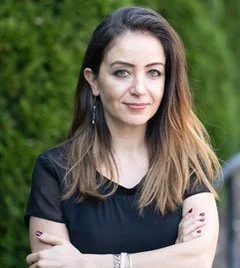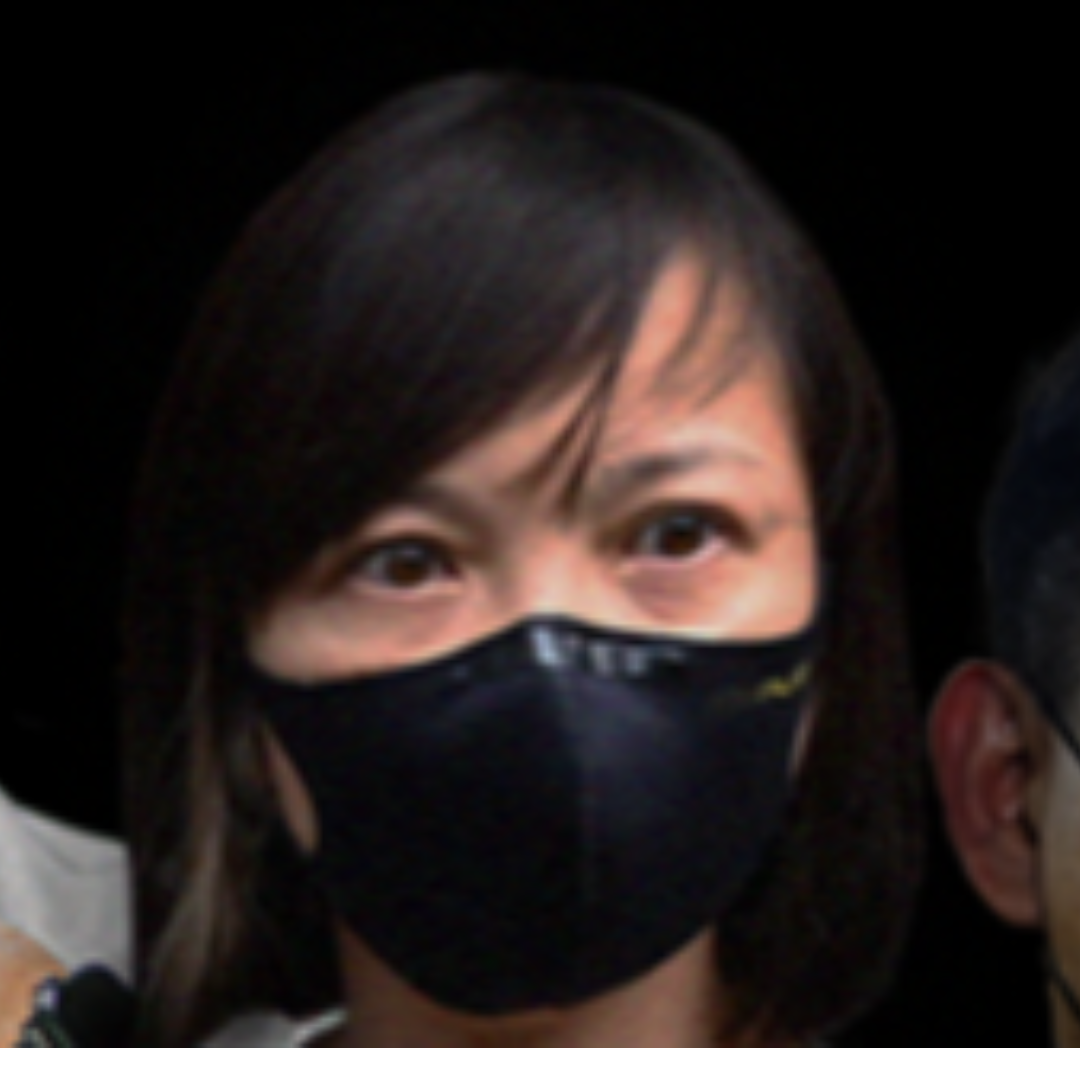Journalists Under Threat
Around the world every day there are journalists who inspire us. Some put their lives at risk to report the truth: often their families face physical harm and intimidation.
In this series, Women in Journalism has partnered with Reporters Without Borders to capture fearless women journalists across the globe who are exceptional in their field and whose journalism we support, champion and celebrate.
Written by young members of Women in Journalism and edited by committee members Barbara Rowlands and Sonya Thomas, these profiles shine a spotlight on these fearless women. We believe their voices must never be silenced.
Zaina Erhaim: On feminism, activism and empowering female journalists
‘Just being a woman there on its own is dangerous. You might be killed while you’re shopping for groceries, going to work, or while you’re asleep at night.’ Zaina Erhaim, 40, is speaking about her home country, Syria, and life in the rebel-held areas during the Syrian conflict.
Clare Rewcastle Brown: The cost of exposing Malaysia’s biggest corruption scandal
The British investigative journalist is appealing a jail sentence for ‘defamation’. RSF condemns the case against Rewcastle Brown as an attempt to silence her fearless reporting of high-level corruption and environmental crime in Malaysia.
Tobore Ovuorie: Exposing the sex traffickers
The Nigerian investigative journalist uncovered a network of violence, murder and organ harvesting when she posed as a sex worker – an experience that still haunts her.
Rana Rahimpour: Defiantly Reporting on a Censored State
The Iranian-British journalist worked for the BBC’s Persian service for 15 years, until the threats to her, her family and her colleagues became overwhelming.
Izabella Evloeva: Freedom of speech in a censored state
Founder of a human rights news website, Evloeva, has been placed on Russia’s federal wanted list for spreading misinformation and is now in exile.
Majdoleen Hassona: Trapped in the West Bank to Silence her Journalism
Israel imposed a travel ban on the Palestinian journalist to restrict her work, a move condemned by RSF and other human rights groups.
Anna Babinets and Victoria Roshchyna: Investigating war crimes in Ukraine
Ukrainian journalist Anna Babinets co-founded the news agency Slidstvo.info to investigate high-level crime and government corruption. Her colleague, Victoria, died in Russian detention since this article was published. She was 27.
Pham Doan Trang: Jailed for ‘propaganda against the state’
The Vietnamese journalist, now serving a nine-year sentence for telling the truth about state corruption.
Bettie Johnson-Mbaya: The courage to keep exposing corruption
Johnson-Mbayo reports on gender-based violence and corruption in Liberia, West Africa - while facing the constant threat of assault and arrest.
Rana Ayyub - The Perfect enemy for Narendra Modi’s 'Troll Army'
Ayyub’s investigations into religious violence and extrajudicial killings in India have exposed her to significant and unrelenting online abuse.
Katsiaryna Andreyeva and Daria Chultsova: The Battle for Press Freedom in Belarus
Andreyeva and Chultsova were arrested after covering a pro-democracy demonstration in Belarus. They were convicted and sentenced to two years in prison.
Marceli Turati: Investigating Mexico’s enforced disappearances and mass graves
Turati reports from Mexico, which is considered to be one of the most dangerous countries in the world for journalists.
Caroline Muscat: Fighting Corruption in Malta
Muscat carries on the anti-corruption work of her murdered colleague, journalist Daphne Caruana Galizia, by exposing government corruption and wrongdoing in Malta.
Jineth Bedoya Lima: A journey of two decades to find some justice
Bedoya Lima’s investigations into armed conflict in the Colombian prison system made her a target for threats and attacks. Her ongoing fight for justice has made her a hero to many in Colombia.
Chan Pui-man: Jailed under Hong Kong’s security laws
Chan served as deputy chief editor of Hong Kong’s Apple Daily until her arrest in 2021. She remains incarcerated in Tai Lam prison.
















